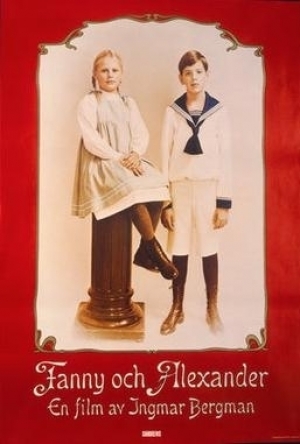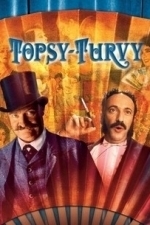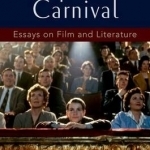
Perpetual Carnival: Essays on Film and Literature
Book
Upholding literature and film together as academically interwoven, Perpetual Carnival underscores...
Ice Bear: The Cultural History of an Arctic Icon
Book
Prime Arctic predator and nomad of the sea ice and tundra, the polar bear endures as a source of...
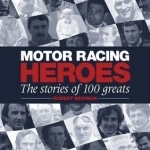
Motor Racing Heroes: The Stories of 100 Greats
Book
Covering almost 100 years of motor racing history, humanity, not simple statistics, is revealed here...
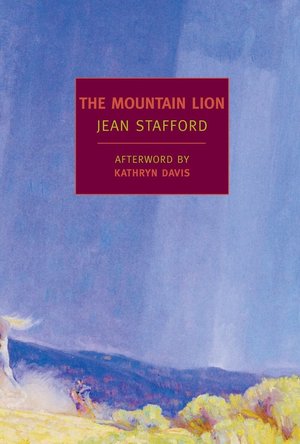
The Mountain Lion
Book
Eight-year-old Molly and her ten-year-old brother Ralph are inseparable, in league with each other...
young adult coming of age siblings brother sister mountain lion
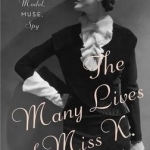
The Many Lives of Miss K: Toto Koopman - Model, Muse, Spy
Jean-Noel Liaut and Denise Jacobs
Book
A life of glamour and tragedy, set against the watershed cultural and political movements of...
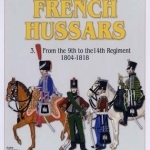
French Hussars: From the 9th to the 14th Regiment, 1804-1818: Vol 3:
Andre Jouineau and Jean-Marie Mongin
Book
The First Empire is responsible for giving us the most lasting picture we have of the Hussars. This...
Olivier Assayas recommended Fanny and Alexander (1982) in Movies (curated)
Olivier Assayas recommended Topsy-Turvy (1999) in Movies (curated)
ClareR (5879 KP) rated Doggerland in Books
May 3, 2019
This has been compared to The Road and Waiting For Godot, and I’d agree with both of these. There is an overwhelming feeling of being trapped, even though they are out at sea and can see for miles, and this brought Huis Clos by Jean Paul Sartre to mind for me. Two men, trapped for what feels like eternity in the same place, with no hope of escape.
It’s a climate change story as well. It tells of the power of the sea and water, and how it will reclaim everything. This makes the story all the more futile. What’s the point if it’s all for nothing anyway?
I liked this book - I would say that it wasn’t a book I loved, but at the same time, it was a book that I didn’t want to put down. It’s a pretty bleak story, but compelling all the same.
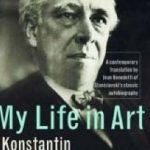
My Life in Art
Konstantin Stanislavski and Jean Benedetti
Book
Konstantin Stanislavski was a Russian director who transformed theatre in the West with his...

